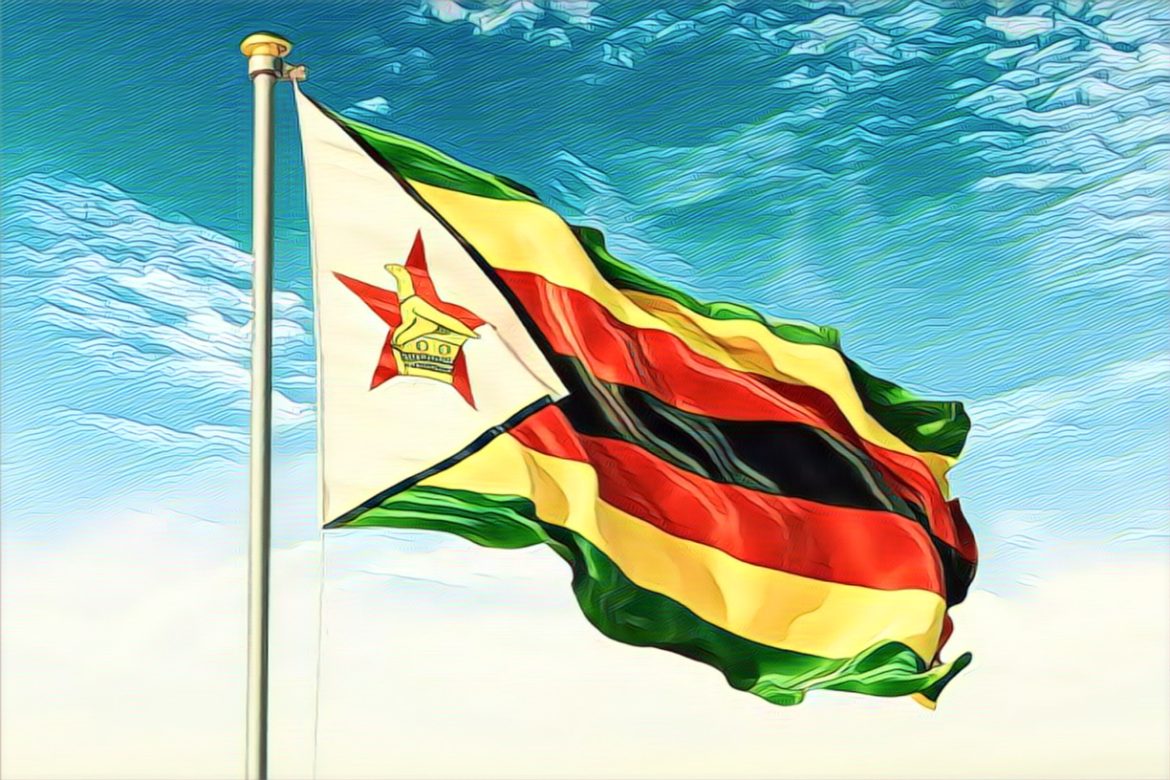Zimbabwe is facing a severe shortage of plastic identity cards, leaving thousands of people in limbo. Without an ID, they cannot open bank accounts, register for exams, vote, or travel. Some have been waiting for months or even years to get their documents, while others have to travel long distances to the nearest registry office.
The plastic ID crisis has been ongoing for several months, with reports of registry offices running out of plastic cards and resorting to issuing waiting passes. The green waiting pass, a flimsy consolation, mocks the dream of a plastic ID. Banks won’t recognize it, jobs slip through its grasp and dreams wither under its pale sheen.
A Failed Contract
According to a report by Newsday Zimbabwe, the government signed a contract with Garsu Pasaulis, a Lithuanian company, in 2021 to supply plastic cards for the ID project. However, the contract has failed to alleviate the ID crisis, as the company has not delivered the cards on time or in sufficient quantities.
Registrar-General Henry Machiri denied that there was a shortage of consumables. He said that the problem was addressed well before the elections in 2023 when the government availed consumables and every registration office had them. He blamed the current situation on machine or network failures, which he said were inevitable.
He also confirmed that the Harare registry office was currently processing a limited number of IDs — up to 220 per day. He said that it would be unfair to make 500 people wait in queues when they know that they will not get them.
A Basic Right
Human rights activists have criticized the government for failing to provide IDs to its citizens, saying that it is a basic right that affects their dignity and ability to participate in society. They have called for urgent action to resolve the ID crisis and ensure that everyone has access to their documents.
Aaron Hamauswa, a human rights activist, said that access to ID was a basic right. He said that it was about their dignity, their ability to participate in society.
A Daily Pilgrimage
Every morning, hundreds of people brave the cold and queue outside the Registrar-General’s office, hoping to get their plastic IDs. They come from different backgrounds and regions, but they share a common goal: to get a document that will grant them recognition and a place in their own land.
They all face the same challenges: long queues, slow service, rude staff, and frequent disappointments. They have to endure the harsh weather, the hunger, the frustration, and the uncertainty. They have to spend money on transport, food, and bribes. They have to sacrifice their time, their work, and their education.
But they also share a common spirit: a spirit of resilience, perseverance, and hope. They do not give up, they do not lose faith, they do not stop dreaming. They stand, they wait, they hope, their silent vigil a testament to a yearning for identity, for recognition, for a place in their own land.
Despite the bleak situation, there is a ray of hope for the ID seekers. The government has announced that it is working on a new system that will decentralize the ID issuance and make it faster and easier. The new system will use biometric technology and mobile registration units to reach remote areas and reduce the backlog.
The government has also said that it is in talks with Garsu Pasaulis to resolve the contract dispute and ensure the delivery of the plastic cards. It has assured the public that it is committed to addressing the ID crisis and improving the service delivery.


